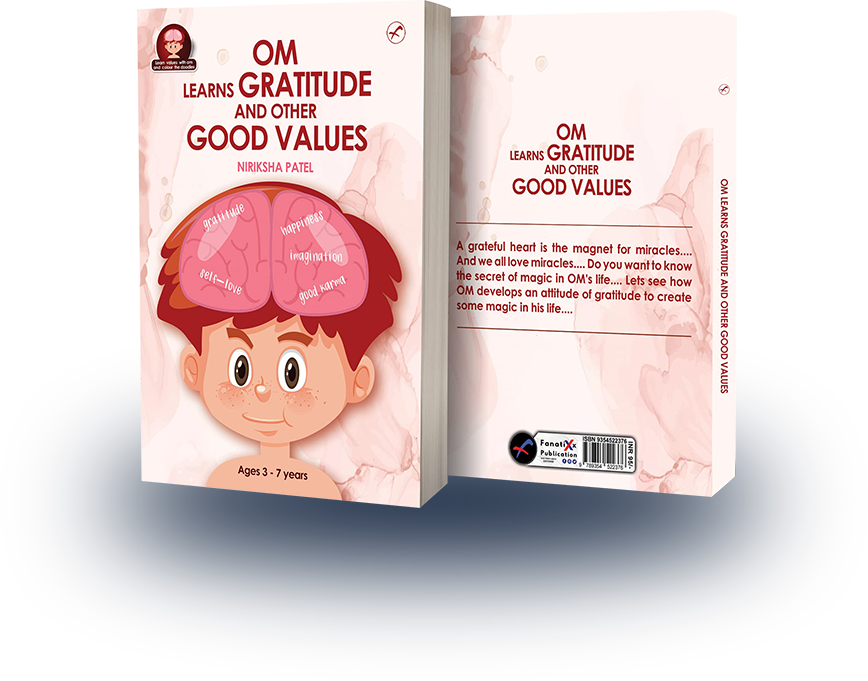Table of Contents[Hide][Show]
10 Positive Parenting Tips+−
- 1. Set Boundaries
- 2. Recognize the Different Types of Negativity
- 3. Practice Gratitude and Appreciate Your Child
- 4. Respect Their Capacities and Needs
- 5. Don’t Punish Success!
- 6. Make Sure You Respect Your Parenting Style
- 7. Teach Your Child to Accept Criticism
- 8. Develop Your Kid’s Self-Esteem
- 9. Connect With Your Child Early on, And Recognize Their Individual Needs And Interests.
- 10. Spend Quality Time with Your Children
- Conclusion
Parenting can be a stressful and confusing experience, especially when your child is not behaving the way you want them to. But as a parent, there are many things that you can do to improve the relationship between you and your child.
If you have children who are struggling in school or with behavior issues, here are 10 positive parenting tips that can help turn things around for all involved:
10 Positive Parenting Tips
1. Set Boundaries
As a parent, you have a lot of authority and control over your child. You can set boundaries for them, but also for yourself.
For example:
- When I was growing up, my mother used to tell me that if I wanted something from her or from any other adult in our family (such as my father), it was best to ask first before doing anything else. This helped me develop good manners and respect for other’s needs when it came time for us all to get along better together later on down the road!
- In addition to setting limits with children about what they can do at home or school—such as staying after class only during certain hours so we don’t disrupt others’ schedules too much—it’s important to not impose these restrictions on yourself either!
2. Recognize the Different Types of Negativity
There are different types of negativity that a parent can use with their children. Some parents might be more comfortable with positive reinforcement, while others may use negative reinforcement or positive punishment.
Some parents may even mix in some form of praise, encouragement, and criticism to make sure their child is achieving what they want them to achieve.
3. Practice Gratitude and Appreciate Your Child
Gratitude is not just a nice idea, it’s a practical way of life. When you’re grateful for what you have, it becomes easier to accept the good in life and be happier with what you have—even if that means being grateful for your child!
Here are some ways parents can practice gratitude:
Practice saying “thank you” more often. You don’t have to be overly gracious; just try saying thank you at least once every day for something small (like getting dressed or making breakfast) or big (like helping out around the house).
It’s important not only because it will make other people feel better about themselves but also because it will make YOU feel better about yourself as well! The more often we say “thank you,” the less stressed we become when faced with challenges throughout our days—and none of those challenges should ever be avoided if possible anyway!
4. Respect Their Capacities and Needs
Respect their capacities and needs.
Children are different from adults, so it is important that you respect their individual capacities, interests, talents and preferences. By doing so, you will encourage them to take an active role in the family’s life as well as develop a sense of self-worth.
5. Don’t Punish Success!
The surest way to discourage your child from doing anything is by punishing success. This can be done in many ways, but the most common one is a harsh reprimand that may include yelling, cursing and even physical punishment.
Punishing success means rewarding failure and punishing achievement. When you punish success, you teach your child that they will not succeed unless they don’t try hard enough or take risks—and this can have lifelong effects on their self-esteem!
6. Make Sure You Respect Your Parenting Style
When it comes to your parenting style, respect the differences in personalities and interests. Your child may be more outgoing than you are or less so. They may have different communication styles from you and their friends. They might like certain kinds of foods that gross-out you and other parents who don’t know better (or at least don’t eat them).
Respect these differences and make sure they’re understood by both parties involved—you! As well as those around you! This means being open-minded when it comes down to specific issues like food preferences or bedtimes (if applicable), but also being flexible when needed so everyone gets along better overall.
7. Teach Your Child to Accept Criticism
It’s important to teach your child that they don’t always have to be right because everyone makes mistakes. You can do this by pointing out the times when you’ve made mistakes as a parent and admitting them (for example, if your child asks why they can’t go out of the house alone). When they see you doing this, it will help them understand that everyone makes mistakes—and that no one is perfect!
It’s also helpful for children to learn how to accept criticism from others in order for them not only to feel more comfortable receiving feedback but also for them not to become defensive when someone criticizes their behavior or actions.
8. Develop Your Kid’s Self-Esteem
Positive reinforcement, or the use of positive feedback to foster a child’s self-esteem, is a powerful tool for building self-esteem. When you praise your child for trying something new or doing well in school, they feel proud and motivated to keep working toward success. This type of praise can be especially helpful when they are young and inexperienced because it helps them feel more confident about their abilities.
It’s important that parents give children encouragement rather than criticism when they do something good; this will help develop their confidence and make them more likely to continue practicing good habits in the future!
9. Connect With Your Child Early on, And Recognize Their Individual Needs And Interests.
Be patient and understanding of your children’s interests, even if they’re something you’ve never heard of before.
You’ll be surprised at the things that catch their attention in the first place! It may help to ask them what interests them most about school or activities, then try to incorporate those into your everyday routine as much as possible (or even just talk about them).
This can also be a good way for parents to get more involved in their kids’ lives—and vice versa! If all goes well, this will lead to some great conversations later on down the road when it comes time for bedtime stories alone time together (or after dinner).
10. Spend Quality Time with Your Children
- Consistency: This is the most important aspect of parenting and it’s something that you can’t really do in a day or two, so be patient with yourself and your child.
- Flexibility: It’s important to be flexible when it comes to scheduling time for meals, play dates and other activities with your kids because life can get busy at times no matter what you do!
- A good role model (but not too much): Your children will look up to you as their role model but don’t let them see how much work goes into being successful at anything—that will only make them feel inadequate when they try something new later on in life! Instead, show them that there are many ways for people who want success out there; just because one path may seem easier doesn’t mean another won’t lead somewhere worthwhile too!
Conclusion
In conclusion, we hope that these Positive Parenting Tips have been a valuable resource for you and your family. We understand that parenting is no small feat; it’s a journey filled with challenges, surprises, and boundless love. However, armed with the right tools and knowledge, it can become a more manageable and rewarding adventure than you might have imagined.
These positive parenting tips offer guidance, but they also emphasize the importance of patience, empathy, and unconditional love.
In the end, what matters most is the effort and dedication we put into our roles as parents. The love we give, the lessons we impart and the values we instill in our children will shape them into confident, compassionate individuals. So, embrace the journey of parenting with an open heart and a positive mindset, knowing that you have the potential to make a profound and positive impact on the lives of your children.
We hope that these parenting tips serve as a constant reminder that parenting, while undoubtedly challenging, can also be incredibly rewarding.


 Where Does Negative Self-Talk Come From?
Where Does Negative Self-Talk Come From?